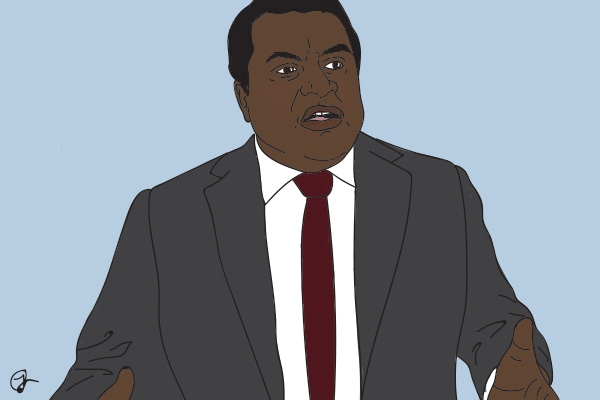
The New Zealand Transport Authority (NZTA) has been accused of not taking a safety concern which led to an “unprecedented” level of airbag recalls seriously.
Commerce and Consumer Affairs Minister Kris Faafoi said on Wednesday some 50,000 vehicles with Alpha-type Takata airbags will be subject to a compulsory recall.
These airbag types pose a “significantly higher risk” of mis-deploying in an accident and launching shrapnel at the driver and passengers.
A further 270,000 vehicles, also requiring repairs to replace non-Alpha Takata airbags will be monitored as part of the new measures.
Motor Industry Association (MIA) CEO David Crawford says he and his predecessor have been raising concerns about this issue since 2013, calling the scale of the recall “unprecedented.”
“I don’t really want to dump on the NZTA,” he says, “but the issue is if I wrote to a Minister and it didn’t have senior management support of the issue, then the briefing would say ‘this is an operational issue, you don’t need to worry about it.’
“To be honest, that’s my feeling as to how this has been managed – there was not sufficient interest high enough at senior management levels [at NZTA] for it to progress.”
He says technicians and lower level managers at NZTA took the risk seriously, but the challenge was getting the message “up the seniority levels.”
His first meeting with senior officials at NZTA was earlier this year.
In response, an NZTA spokesperson says it has previously worked with the vehicle industry to support the voluntary recall of Takata airbags and to encourage manufacturers involved in the recall to offer the appropriate repair or replacement to vehicle owners.
But in the statement, the spokesperson did not answer questions regarding how seriously the issue was taken over the past five years.
Opposition leader Simon Bridges – who was the Minister of Transport in the last Government – says his advice from NZTA officials at the time was this was that not a controversial issue.
“But there are obviously new facts that have come through here that have meant the Government has decided it needs to be more than voluntary, something needs to happen.”
He says his decision to not take the issue as far as this Government has was based on “clear advice” he had on the issue.
“My understanding it was a big issue in Japan, but in New Zealand, it was much less of an issue.”
Faafoi says it has been known that these airbags have been a risk since 2013 but no action was taken by the previous Government.
He says he could not find any advice or briefings given to the previous Government on this issue.
Further recall details
From today, Faafoi says, after a 40-working day grace period for vehicles already in transit, no affected new or used vehicles will be able to enter into New Zealand.
A monitoring group will report back monthly on the progress and if not enough is being done, Faafoi says he will enact a compulsory recall across the board.
Faafoi says after hearing about an Australian recall over the same airbags a month ago, he commissioned an “urgent” briefing on the New Zealand situation.
MIA and NZTA got back to him days later and work has been underway since March 1.
It will take roughly 18 months to replace the 50,000 airbags, Faaofi says.
The costs of the recall, in the form of the labour and the new parts, will fall on the distributor.
Crawford says New Zealand is in the process of “rapidly scaling up” its supply of the parts needed for the recall.
“Another constraint within the industry, given the scale of the recall, is having enough trained technicians to do it,” he says, adding that the recall will put “huge pressure on the industry.”
3 Comments
All risks could theoretically be reduced, or even eliminated, if they were taken seriously enough. That's not in itself a strong enough argument that they all should be. There's a question of costs and benefits.
Yes, it does matter how much it costs. The same money could be spent on something other than this, and so we need to be sure that this is a better use than any other.
Surely there is some information available as to how big a risk this particular issue is, and how it compares with other risks that we're not taking such drastic action to address?
For example, how many accidents have there been in practice, where the outcome was worse because of this specific airbag issue, than it would have been with a different airbag?
Bollocks it'll add huge pressure on the industry to carry this recall out. Just another day in the office at your local Toyota/Mazda/Honda/Whoever dealership. Chances are it'll be the apprentice doing it anyway.
Bridges doesn't sound credible here. The new Minister will have easy access to what really crossed the desk. Sunlight is the best disinfectant. Classic example of the "caretaker" model of government bringing inefficiencies into the economy.
What a mess.

We welcome your comments below. If you are not already registered, please register to comment
Remember we welcome robust, respectful and insightful debate. We don't welcome abusive or defamatory comments and will de-register those repeatedly making such comments. Our current comment policy is here.